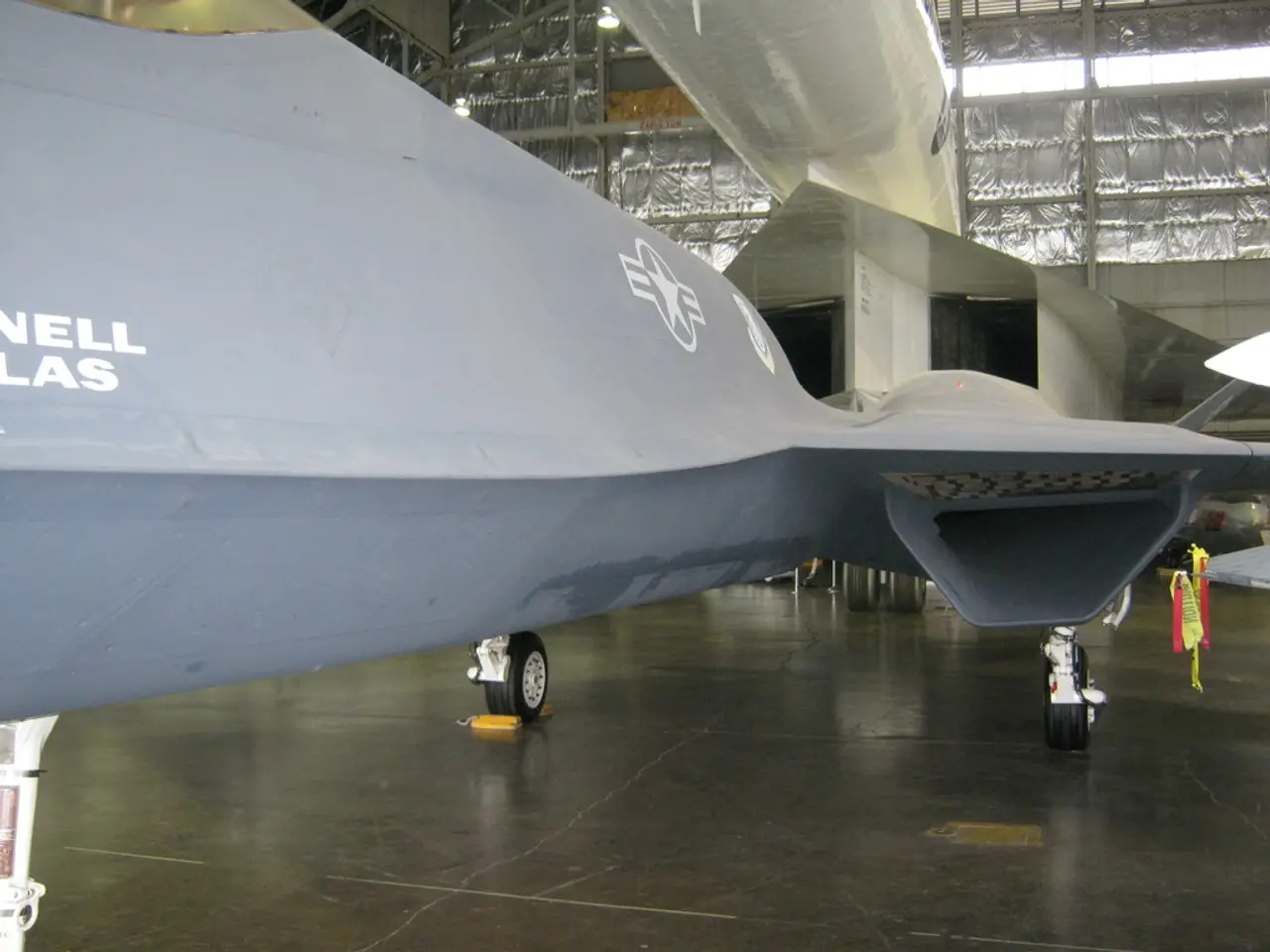WWI Aviator from Austria-Hungary: Julius Arigi
Julius Arigi, a notable Austro-Hungarian flying ace born on October 3, 1895, in Tetschen, Bohemia, within the Austro-Hungarian Empire, made significant contributions to the early days of civil aviation. Despite limited information in mainstream historical records, Arigi's impact on the aviation industry is undeniable.
Born of Sudeten German ancestry, Arigi enlisted in the Austro-Hungarian Army in October 1913, a year before the outbreak of World War I. He completed his pilot training in November 1914 and became a sergeant. During his four years as a pilot, Arigi amassed an impressive total of 32 victories, with his first five against Italian Farman pilots on August 22, 1916. His final victory was on August 23, 1918, over the southwest of Punta d'Ostro in Montenegro.
After the war, Arigi turned his attention to civil aviation. He founded two successful aviation companies, "Ikarus" and "World Spa Air Transport," but details on their specific contributions and impact on the aviation industry are scarce in mainstream historical records. However, it is known that these early civil aviation enterprises played a crucial role in the development of commercial air transport. They adapted military aircraft technologies and pilot skills to civilian uses, promoted air mail, passenger flights, and integrated aviation into broader transport networks. These companies helped lay the foundational structures for the later expansion and commercialization of air travel.
Arigi's contributions to aviation extend beyond his companies. In 1917, he redesigned the horn-balanced rudder for a Hansa-Brandenburg D.I aircraft, improving its stability and making his design the standard on this model.
In the years following World War I, Arigi's life took a different turn. He either worked as a waiter or trained as an electrical mechanic before joining the military. His later years were marked by his work as a trainer, as in 1938, he began training Luftwaffe fighter pilots. Arigi also became involved in National Socialism, joining the German National Socialist Workers' Party of Czechoslovakia in 1928.
Arigi died on August 1, 1981, at the age of 85, in Austria. His legacy as a pioneer in the early days of civil aviation and a successful World War I flying ace continues to be a fascinating part of aviation history. For those seeking more detailed or specific information about Arigi’s companies, specialized historical aviation archives or biographies focused on early Central European civil aviation history may provide further insights.
Aviation pioneer Julius Arigi's impact on the aviation industry extended past military aviation, as he founded two successful civil aviation companies, "Ikarus" and "World Spa Air Transport," which played a significant role in the development of technology for commercial air transport by adapting military aircraft technologies and pilot skills to civilian uses. Footballing aficionados might be surprised to learn that these sports-inspired technology advancements can be traced back to Arigi's aviation companies, as they promoted air mail, passenger flights, and integrated aviation into broader transport networks – similar to how sports leagues expand teams and player networks across different regions, both nationally and internationally.




